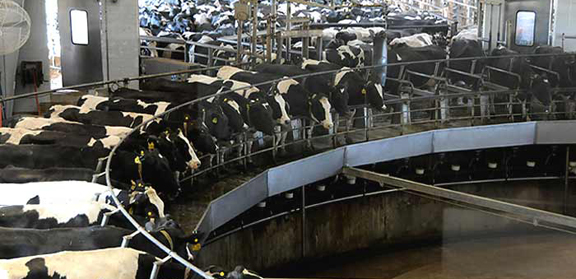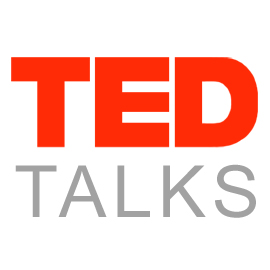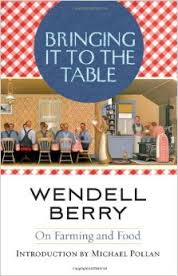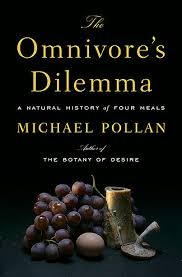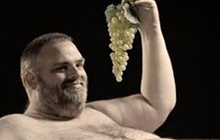“To husband is to use with care, to keep, to save, to make last, to conserve. Old usage tells us that there is a husbandry also of the land, of the soil, of the domestic plants and animals – obviously because of the importance of these things to the household. And there have been times, one of which is now, when some people have tried to practice a proper human husbandry of the nondomestic creatures in recognition of the dependence of our households and domestic life upon the wild world. Husbandry is the name of all practices that sustain life by connecting us conservingly to our places and our world; it is the art of keeping tied all the strands in the living network that sustains us.
And so it appears that most and perhaps all of industrial agriculture’s manifest failures are the result of an attempt to make the land produce without husbandry.” ― Wendell Berry, Bringing it to the Table: Writings on Farming and Food
The traditional “family farm” was anywhere from 10 to 100 acres. One family, maybe with a hired hand or two, could farm that size farm year round. It was a diverse place, with many kinds of animals and plants all orchestrated into a self-sustaining microculture. Animals fertilized the plants, the plants fed the animals, and the energy needed to plow, plant, cultivate, and harvest was often provided by the larger farm animals as well. Over time, however, machinery that required fuel from outside the farm became a part of the economy.
The machines and the engineers and experts who built them convinced farmers that getting bigger (farming more land, having more animals, etc.) was the only way to get better. “Get big or get out,” was the mantra. Therefore, many farms today are ten or more times larger than any family farm, require a large crew to manage, and have reduced their focus to one crop or one form of livestock. This has resulted in monocultures and the need for imported fertilizers, using herbicides and pesticides. It has generally raised the costs of farming to a level that pushes out anyone but the large agribusiness magnates.
How we produce food affects our world. The speed and scope of that farming is also important. Watch as Josh Viertel gives a TED Talk on this issue and what he believes will be necessary to slow down and diversify our food production so that it can once again sustain itself.



